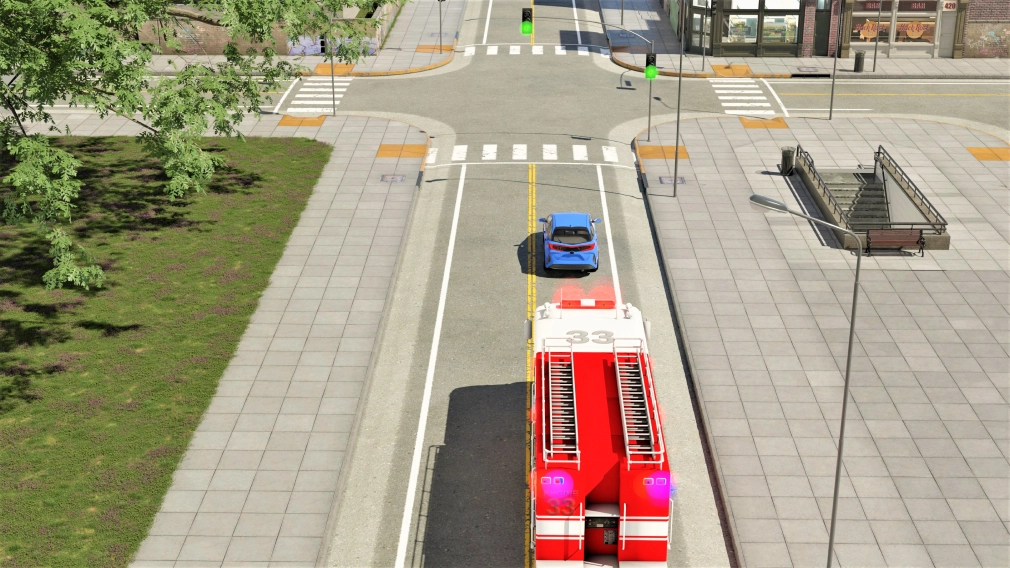ICE and Other Emergency Contacts

It’s said fortune favors the prepared, and this holds true for roadway emergencies. Establishing emergency contacts is one of the simplest and most effective precautions for saving time and reducing uncertainty in a traffic crash or other emergency.
First, learn how to set effective “in case of emergency” (ICE) contacts and what they need to know. Then, review the list of phone numbers that experts recommend having ready at all times.
ICE Contacts
In case of emergency (ICE), contacts are an internationally recognized system for establishing who emergency responders and medical professionals should contact if you’re in a crisis.
If you’re unconscious or unable to communicate, your ICE contacts are the first ones called to gather important information about your health.
Choosing Your ICE Contacts
You can have any number of ICE contacts, but they should all be people you trust with private information about your medical history.
People commonly used as ICE contacts include:
- Family members
- Partners or spouses
- Trusted friends or neighbors
You may want to prioritize using people who live nearby in case you’re hospitalized and need someone to travel to you. A local contact can also help attend to your home matters if you’re away for an extended period.
Ideally, at least one of your ICE contacts should be someone who can make medical decisions on your behalf in case you cannot for any reason (unconsciousness, coma, etc.). Consider briefing your ICE contacts on any specific requests you have for your medical care.
Setting Up Your ICE Contacts
There are several ways to establish someone as your ICE contact. One is to simply add “ICE” in front of the contact’s name in your phone. If you have multiple ICE contacts, you can add numbers to clarify the order you’d like them contacted (ICE1, ICE2, and so on).
Tip: If your phone requires a passcode to access, consider using an ICE app that makes your emergency contacts available when your phone is locked. Alternatively, you can make your phone’s lock screen wallpaper an image of your ICE contacts.
If you’d rather remove your phone from the equation, you can keep your ICE contacts’ information on a card or tag kept on your person.
What Your ICE Contacts Need to Know
Make sure your ICE contacts have all the information needed to assist a medical professional if they’re called upon.
Essential information includes:
- Medical history (Including past procedures and hospitalizations)
- Medical diagnoses
- Medication list
- Allergies
- Blood type
- Organ donor status
- Healthcare providers’ contact information
- Copies of advanced healthcare directives or living wills
By providing this information to healthcare professionals, your ICE contact can potentially save your life.
Other Important Emergency Contacts
Besides ICE contacts, it’s smart to keep important phone numbers readily available for your own use should you ever find yourself needing help.
Don’t wait for a crisis. Stress can make it difficult to think and focus. Saving important contact information ahead of time can help you respond quickly and confidently.
Keep contact information for the following on hand:
- Your local police and fire stations
- Your local highway patrol
- Your primary care physician
- Emergency roadside assistance
- Towing service or auto repair shop
- Your motor vehicle insurance provider
- Trusted relatives, friends, and neighbors
- Poison control (and animal poison control if you have pets)
Preparing today can give you peace of mind, knowing you’re ready to respond to any emergency.
Safe travels!